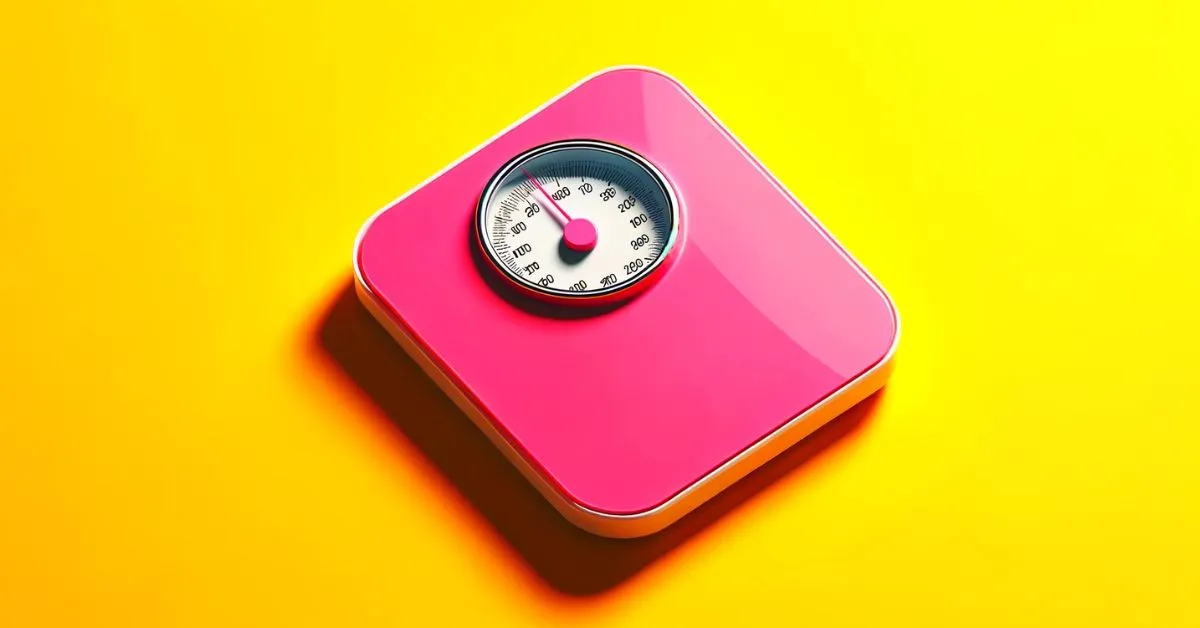Losing Weight Fast is a common goal, but experts often recommend a more measured and sustainable approach. According to health professionals, here’s a detailed exploration of tips and insights on how to lose weight fast, safely, and effectively.
15 Tips for Secure and Lose Weight Fast, According to Professionals

1: Implement Long-Term Lifestyle and Behavior Changes
Sustainable weight loss is about changing your lifestyle and not adhering to temporary diets. This includes adopting healthy eating habits, increasing physical activity, and making behavioral changes that you can maintain over the long term.
2: Focus on the First 5% to 10%
Aiming to lose 5% to 10% of your body weight initially can have significant health benefits, including lower blood pressure, blood sugar, and cholesterol levels. This goal is more manageable and can motivate you for further weight loss.
3: Reduce Your Intake of Ultra-Processed Carbs and Sweets
Ultra-processed foods and sweets are high in calories, sugar, and unhealthy fats but low in nutrients. Reducing their intake can lead to a calorie deficit and weight loss.
4: Eat More Plants
Plant-based foods like vegetables, fruits, legumes, and whole grains are high in fiber and nutrients, which can help you feel fuller for longer and reduce overall calorie intake.
5: Pump Up Your Protein
Protein is crucial for weight loss because it can reduce appetite, increase feelings of fullness, and preserve muscle mass during weight loss. Include protein-rich foods like lean meat, fish, eggs, dairy, legumes, and nuts.
6: Drink More Water
Drinking water can help with weight loss by temporarily increasing your metabolism and reducing appetite if consumed before meals.
7: Eat a Well-Rounded Breakfast
A nutritious breakfast can help start your metabolism and satisfy you, reducing the likelihood of overeating later in the day.
8: Stand Up and Move More
Increasing your daily activity level through simple changes, like standing more and taking frequent breaks to walk around, can add up to more calories burned throughout the day.
9: Hit the Weights
Strength training helps build muscle, which can increase your resting metabolic rate, meaning you burn more calories even at rest.
10: Don’t Go Overboard
Extreme calorie restriction or excessive exercise can be counterproductive, leading to muscle loss, nutritional deficiencies, and a slowed metabolism.
11: Check-in With an Accountability Partner
Having someone to share your progress with can keep you motivated and accountable.
12: Watch Less Television
Spending less time in front of the TV can reduce sedentary behavior and give you more time to engage in physical activity.
13: Reconnect With Your Satiety Cues
Learning to listen to your body and eating only when you’re starving can prevent overeating.
14: Get More Sleep
Lack of sleep can disrupt hormones that regulate appetite, leading to increased hunger and potential weight gain.
15: Find Non-Edible Substitutes for Self-Soothing
Finding other ways to deal with stress, boredom, or emotional issues without turning to food is essential for preventing overeating.
Why Losing Weight Fast Isn’t the Best Goal
Rapid weight loss can lead to muscle loss, nutritional deficiencies, and a slower metabolism. It’s often unsustainable, leading to yo-yo dieting and potential weight gain.
How Long Does It Take to Lose Weight?
Weight loss varies from person to person. A safe rate of 1 to 2 pounds per week is achieved through a calorie deficit of 500 to 1,000 calories daily.
The Benefits of Losing Weight Safely
Gradual weight loss is more likely to be fat loss, preserves muscle mass, and is sustainable long-term, improving overall health without the adverse side effects of rapid weight loss.
Potential Side Effects of Rapid Weight Loss
These can include gallstones, nutritional deficiencies, and a decrease in metabolism.
Who Should Not Attempt to Lose Weight Fast?
Individuals with certain health conditions, pregnant or breastfeeding women, and those with a history of eating disorders should consult a healthcare provider before attempting significant weight loss.
Final Thoughts on Losing Weight Fast
While the allure of quick results is tempting, adopting a gradual, sustainable approach is healthier and more effective in the long run.
Frequently Asked Questions (FAQs)
What is the fastest way to lose weight?
The fastest way is only sometimes the safest. The most effective strategies are a balanced diet, regular exercise, and lifestyle changes.
What is the best diet to lose weight quickly?
Diets that include a variety of nutrients and promote a sustainable calorie deficit are best. Avoid fad diets that promise quick results but are hard to maintain.
How can I lose weight naturally in 7 days?
While significant weight loss in 7 days isn’t recommended, starting healthy habits like increasing water intake, reducing processed foods, and incorporating physical activity can initiate weight loss.
What’s the best way to lose belly fat quickly?
There’s no way to target weight loss to specific body parts, but overall fat loss through diet and exercise will also reduce belly fat over time.
How many calories should I eat to lose weight?
This varies by individual, depending on age, sex, weight, and activity level. Generally, reducing daily calorie intake by 500 to 1,000 calories can lead to a safe weight loss of 1 to 2 pounds per week. Consulting with a healthcare provider or dietitian can help determine an appropriate calorie goal.


